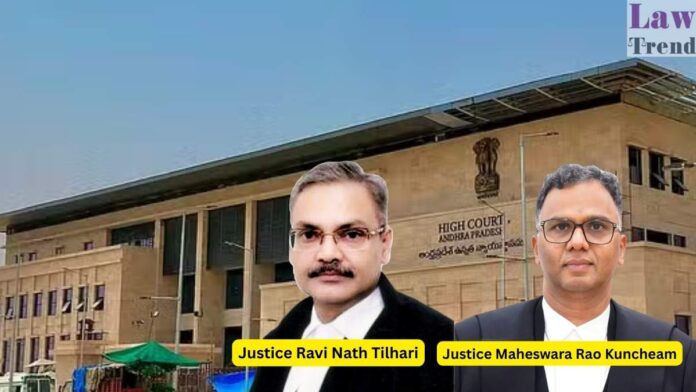The Andhra Pradesh High Court, in a significant judgment on arbitration law, has ruled that a separately signed dissenting opinion by an arbitrator is a sufficient reason for the omission of their signature from the majority award. A Division Bench of Justice Ravi Nath Tilhari and Justice Maheswara Rao Kuncheam held that such a procedure
To Read More Please Subscribe to VIP Membership for Unlimited Access to All the Articles, Download Available Copies of Judgments/Order, Acess to Central/State Bare Acts, Advertisement Free Content, Access to More than 4000 Legal Drafts( Readymade Editable Formats of Suits, Petitions, Writs, Legal Notices, Divorce Petitions, 138 Notices, Bail Applications etc.) in Hindi and English.




